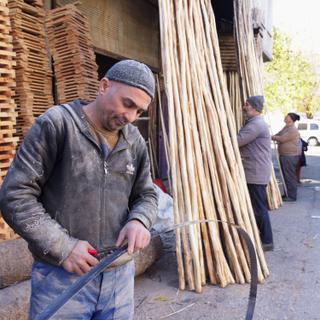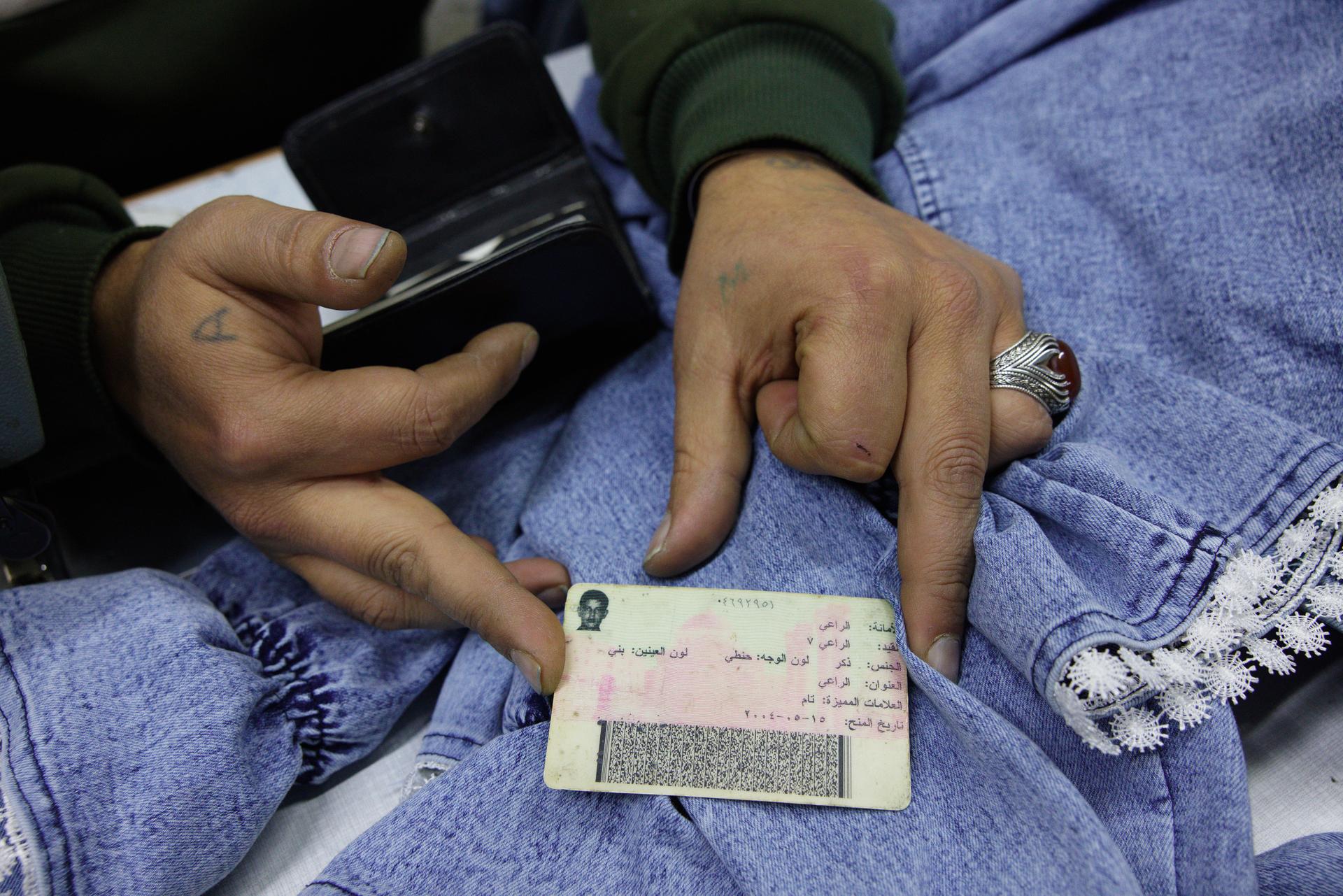


Turkey's economy faces a dilemma over the return of Syrian refugees
FeatureIn Turkey, several hundred thousand Syrians work in agriculture, textiles, construction, hospitality and craftsmanship, sectors where they play a crucial role.
Since the fall of the Bashar al-Assad regime, Mahmout's phone hasn't stopped ringing. A cab driver in his early 30s, he has spent this mid-December shuttling between Gaziantep, the large city in southern Turkey, and the Öncüpinar customs post near Kilis, on the Syrian border, almost an hour's drive away. Demand is high, he smiled, with several dozen calls a day from Syrian refugees who are eager to return home after years of exile.
With his eye fixed on the border crossing, which is strictly supervised by the police, he said he knew his new clientele well: "Most of the Syrians in precarious situations want to leave, like the seasonal agricultural workers, who are numerous here in the region, or the low-wage workers in small factories. These are jobs people can walk away from overnight," he said. "The others will come later."
Mahmout charges 2,000 Turkish lira, just under €55, for a one-way trip, including luggage and bags full of belongings. He shrugged, by way of justification: "Not many people are heading the other way right now." According to a local official, on Monday, December 9, the first day after the fall of the Syrian dictator, between 500 and 700 people rushed to the Öncüpinar crossing to travel to Syria and sign a "voluntary return" paper, required by the authorities in Ankara. This document marks their definitive departure from Turkey.

You have 83.37% of this article left to read. The rest is for subscribers only.
